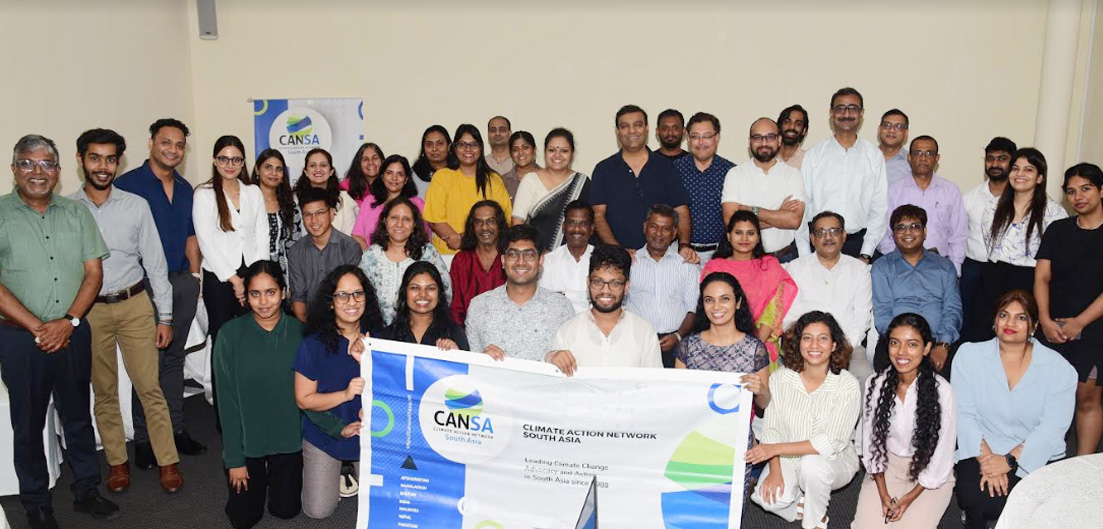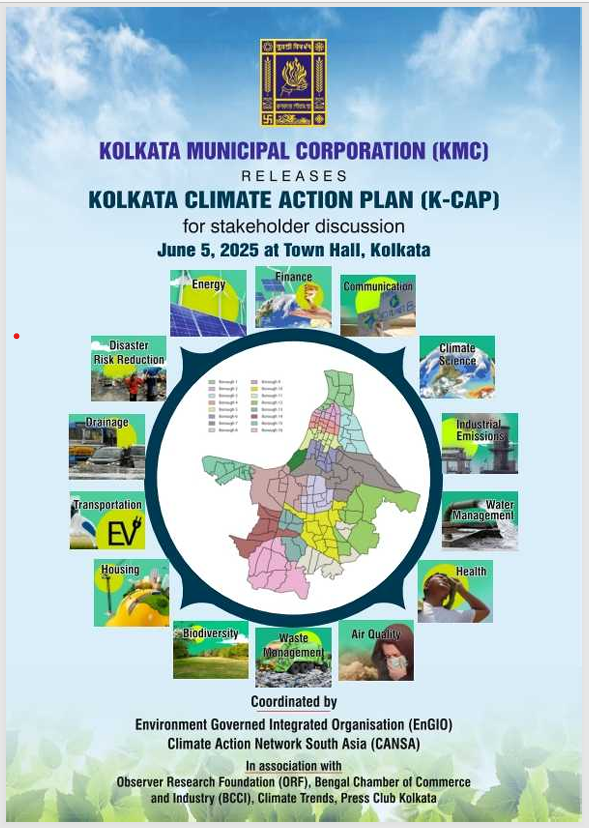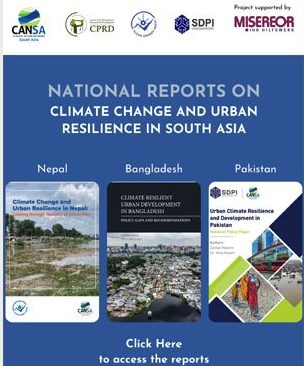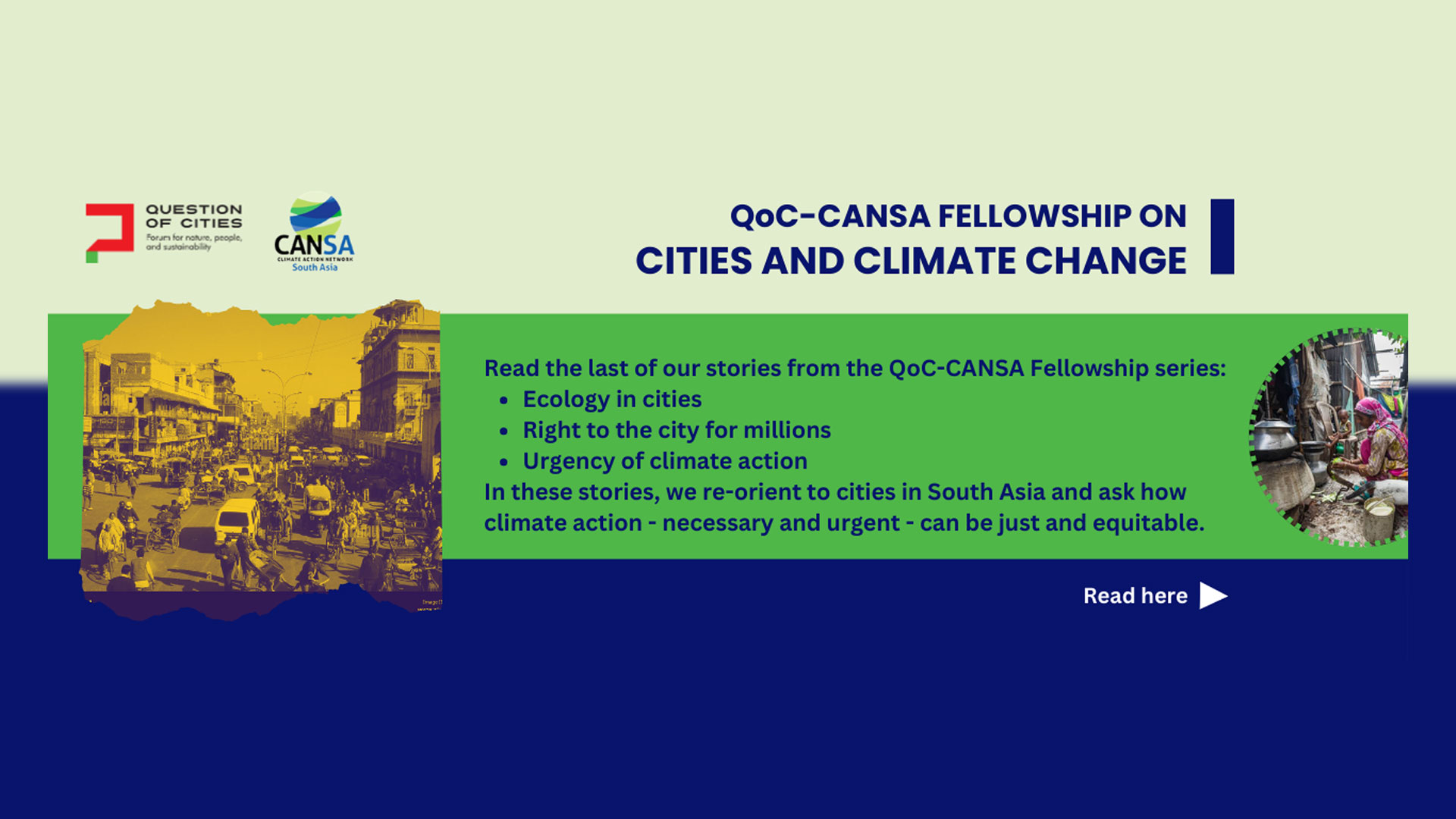Promoting Green Resilient and Inclusive Cities in South Asia
Extreme weather events, such as coastal and inland flooding, heatwaves, droughts and wildfires, are increasing in frequency and magnitude, and gradual changes in sea levels and temperatures are projected to have (and are already having) adverse effects on city systems. Some systems are directly impacted by climate change events, for example, roads being flooded, whilst other systems that may be indirectly impacted because of the nature of their operations and their interdependencies, for example, transportation services cannot operate without energy, and energy generation facilities cannot operate without the reliable delivery of fuels.
The interdependencies of city systems combined with climate impacts can, therefore, lead to a ripple effect of disruptions. Therefore, as cities continue to expand and their systems become more complex, understanding a city’s interdependent infrastructure and critical failure points is therefore vital to achieving long-term climate resilience across a whole city. To achieve transparency and build a regional urban discourse that can facilitate a step change in the way South Asians plan, manage and think about their cities. Civil society in the region needs to play a proactive role in designing the contours of a liveable and smart cities that can be inclusive for all sections of the society as well as become net carbon neutral.
Key objectives
- To build capacities of organizations working on urban poor’s political, social and economic rights with a lens of climate change, adaptation, resilience and mitigation.
- To sensitize organizations and stakeholders of the “climate community” on rights of urban poor and demand the protection and realization of urban poor’s human rights as an integral part of urban climate policies.
- Climate Action Network South Asia develops capacities regarding the inclusion of urban poor’s rights and is publicly known for this commitment.
Impact
The capacity of CANSA members and larger CSO in South Asian to link climate change with issues of Urban Poor aiming to make cities climate resilient is enhanced.
Contact Person
Sanjay Vashist (sanjay@cansouthasia.net) Santosh Kumar Patnaik (santosh@cansouthasia.net)
Adapting Together: Climate Stories and Strategies from Asian Cities
August 19, 2025 – September 16, 2025
For Details: Click Here
Regional Capacity Building- Setting Expectations for COP29 and Influence NDC 3.0

For Details: Click Here
Phase I project: Capacity Building of Indian Civil Society on Urban Poor & Climate Change

For Details: Click Here







